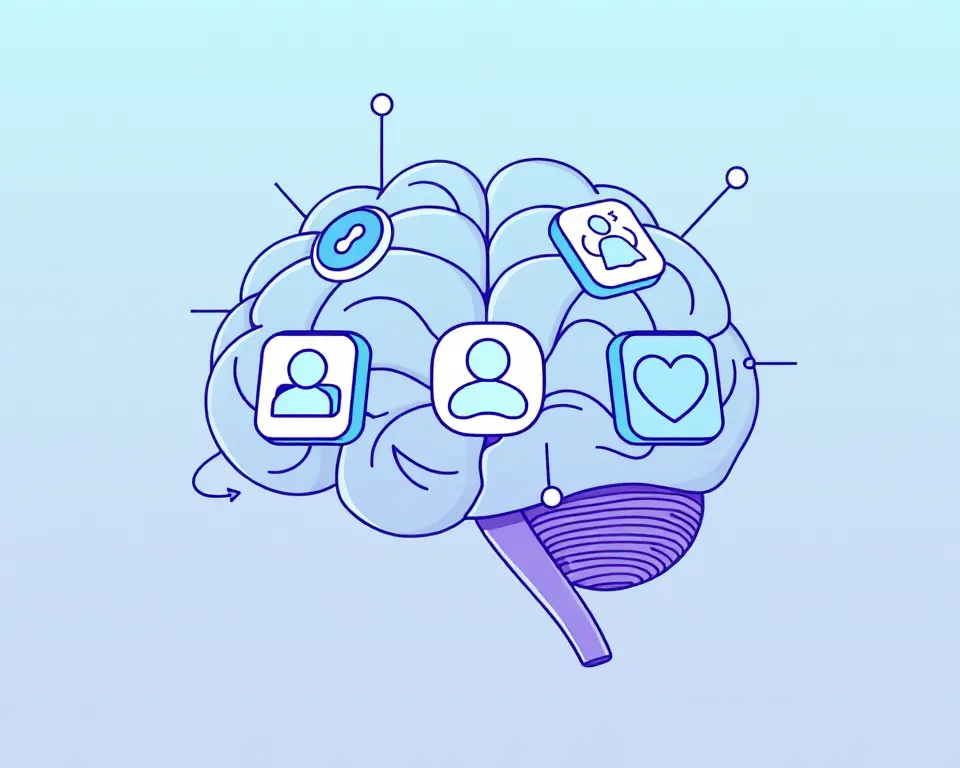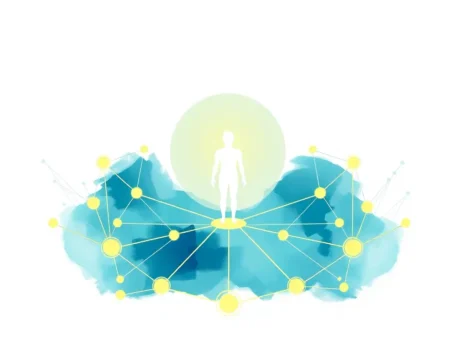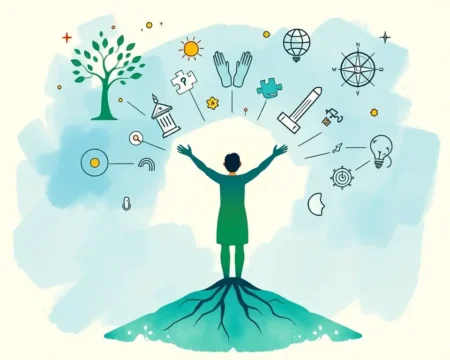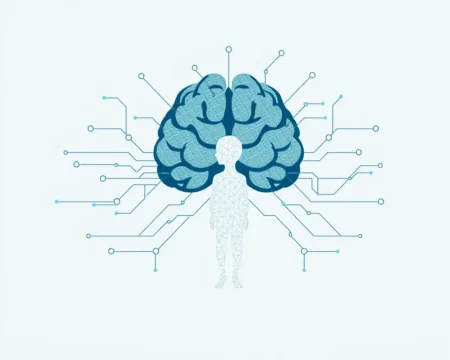In an era where mental health awareness is surging, many are turning to their smartphones for support. Mental health apps have exploded in popularity, offering a convenient and accessible way to manage stress, anxiety, depression, and more. But with so many options available, finding the right one can be overwhelming. Are these apps truly effective, and which ones stand out from the crowd? This article dives into the world of mental health apps, highlighting some of the top contenders in 2025.
Why Consider a Mental Health App?
Mental health apps provide numerous benefits, making them a valuable tool for many:
- Accessibility: They offer support anytime, anywhere, bridging the gap between traditional therapy and self-help resources.
- Affordability: Many apps offer free or low-cost options, making mental healthcare more accessible to those who may not be able to afford traditional therapy.
- Convenience: Apps fit easily into daily routines, providing on-the-go tools and techniques for managing mental wellbeing.
- Anonymity: Some individuals may feel more comfortable exploring their mental health concerns through an app before seeking in-person help.
- Variety of Tools: From guided meditations and mood trackers to cognitive behavioral therapy (CBT) exercises, apps offer a wide range of tools to address different needs.
Top Mental Health Apps in 2025
With a plethora of mental health apps available, it’s essential to choose wisely. Here are some of the top-rated apps in 2025, categorized by their strengths:
For Talk Therapy: BetterHelp and Talkspace
BetterHelp: This platform offers access to a wide network of licensed therapists, providing therapy via video, audio, chat, and messaging. It’s known for its flexibility and ease of use, connecting users with therapists in all 50 states and internationally. BetterHelp’s subscription-based model makes therapy more accessible than traditional in-office sessions.
Talkspace: Similar to BetterHelp, Talkspace provides online therapy through a secure, HIPAA-compliant app. It offers a streamlined scheduling process and flexible subscription options, with many therapists specializing in treating depression. Talkspace also works with some insurance providers, further reducing the cost of care.
For Mindfulness and Meditation: Headspace and Calm
Headspace: A widely recognized meditation app, Headspace offers guided meditations, sleep assistance, and mindfulness resources. It’s known for its user-friendly interface and evidence-based approach, with studies showing its effectiveness in reducing stress. Headspace provides a variety of themed packs and courses, catering to different needs and experience levels.
Calm: This app focuses on meditation, sleep, and relaxation, featuring guided sessions and soundscapes to promote calmness and improve sleep quality. Calm offers daily meditations on specific topics, encouraging consistent practice. Research suggests that Calm can improve sleep and increase self-compassion while reducing stress.
For Anxiety: MindShift CBT and Worry Watch
MindShift CBT: Developed by Anxiety Canada, MindShift CBT utilizes cognitive behavioral therapy techniques to help users manage anxiety and stress. It offers coping cards, a thought journal, and guided meditations, empowering users to challenge negative thinking patterns and develop new coping strategies. The app also includes a community forum for peer support.
Worry Watch: This app is designed to help users track and manage their anxiety over time. It includes a password-protected guided journal, positive affirmations, and visual charts that allow users to identify worry patterns and triggers. Worry Watch aims to help individuals with anxiety identify unfounded worries and panic triggers.
For Mood Tracking and Positive Thinking: Happify and Daylio
Happify: This app uses evidence-based interventions from positive psychology and CBT to boost overall happiness and reduce stress. It offers engaging activities and games that provide a fun, interactive way to build emotional strength. Happify also allows users to track their emotions over time, monitoring their progress and assessing the app’s effectiveness.
Daylio: Daylio is a simple yet powerful mood tracking journal that allows users to track their moods and activities. By identifying patterns and triggers, users can gain insights into their emotional wellbeing and make positive changes. Daylio’s user-friendly interface and customizable features make it an accessible tool for daily mood tracking.
For Teens: Smiling Mind and Clear Fear
Smiling Mind: Created by psychologists and educators, Smiling Mind offers free meditations and programs for sleep and stress, specifically tailored for young people. It provides courses for younger and older teens to help with transitions, sleep, and study, making it a valuable tool for adolescent mental health.
Clear Fear: This free app is designed to reduce anxiety in young people using effective Cognitive Behavioural Therapy (CBT) techniques. Clear Fear provides coping mechanisms and tools to help teens manage their anxiety in a healthy way.
Important Considerations When Choosing a Mental Health App
While mental health apps offer numerous benefits, it’s crucial to consider the following factors before choosing one:
- Privacy: Understand the app’s privacy policy and how your data is used. Look for apps that are transparent about their data collection practices and prioritize user privacy. Be aware that many apps share user data with third parties.
- Security: Ensure the app uses secure encryption methods to protect your personal information.
- Evidence-Based Approach: Choose apps that utilize evidence-based therapies and techniques, such as CBT, mindfulness, or positive psychology.
- User Reviews: Read reviews from other users to get an idea of the app’s effectiveness and user-friendliness.
- Cost: Consider the cost of the app and whether it fits your budget. Many apps offer free trials or basic versions with limited features.
- Professional Advice: Mental health apps are not a substitute for professional therapy. If you are experiencing a mental health crisis, seek help from a qualified mental health professional.
- Integration with Treatment: Discuss the use of mental health apps with your therapist or doctor to ensure they align with your treatment plan.
- Personal Needs: Identify your specific mental health needs and choose an app that addresses those needs effectively.
- HIPAA Compliance: Determine whether the app is HIPAA compliant, especially if it involves direct communication with a therapist.
- Data breaches: Be aware that compromised mental health data can have serious personal and social implications, including identity theft and other issues.
The Future of Mental Health Apps
The field of mental health apps is constantly evolving, with new technologies and approaches emerging. Artificial intelligence (AI) is playing an increasing role, with AI-powered chatbots like Woebot and Youper providing personalized support and guidance. Gamification is also becoming more popular, with apps like Finch and Happify using game-like elements to engage users and promote positive mental health habits.
As mental health apps continue to advance, they have the potential to transform the way we access and manage mental healthcare. However, it’s essential to approach these apps with caution, prioritizing privacy, security, and evidence-based practices. By choosing wisely and using these tools in conjunction with professional support, individuals can harness the power of technology to improve their mental wellbeing.










